Tag: municipal elections
-
Nine candidates running in August 5 primary for mayor of Seattle, Washington
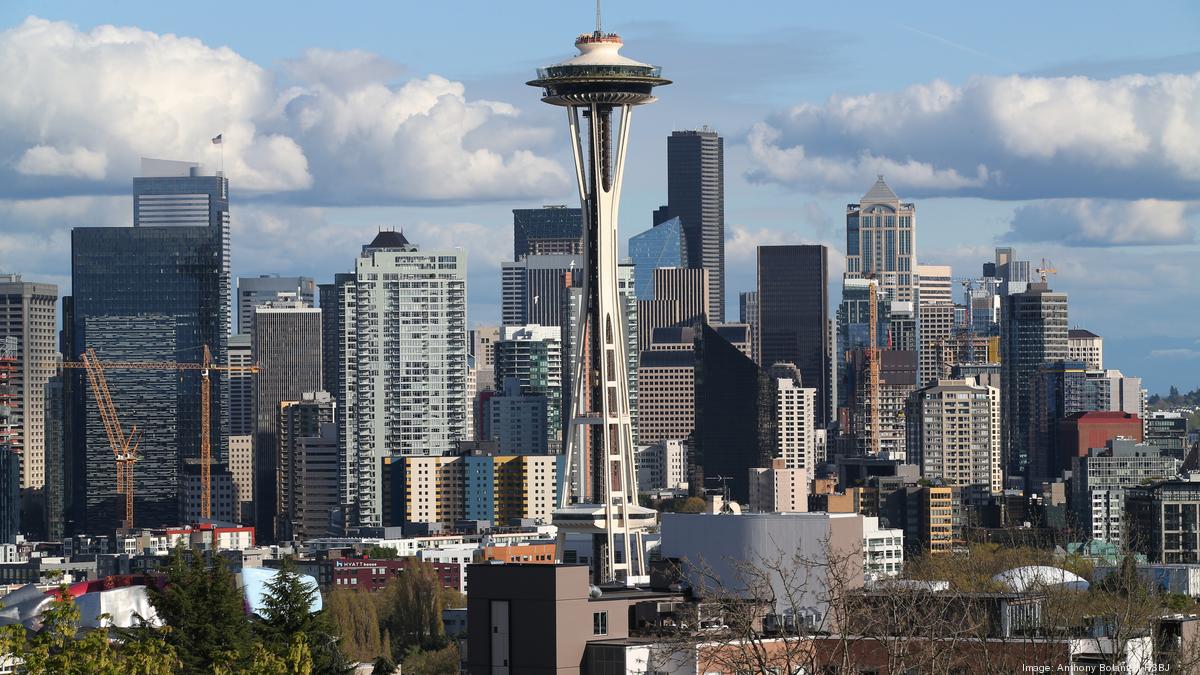
Nine candidates are running in the Aug. 5 nonpartisan primary election for mayor of Seattle. The two candidates who receive the most votes will advance to the November 4, 2025, general election. Incumbent Bruce Harrell was first elected in 2021, when he defeated M. Lorena González 58.6%-41.2%. The last incumbent Seattle mayor to win re-election…
-
West Virginia enacts bill aligning municipal election dates
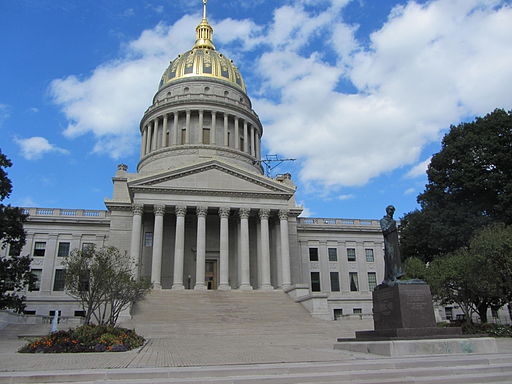
On April 24, 2025, West Virginia Gov. Patrick Morrisey (R) signed SB 50, requiring all local municipal elections to be held concurrently with a regularly scheduled statewide primary or general election by 2032. The Republican-sponsored bill passed the West Virginia Legislature with bipartisan support, including a unanimous vote in the West Virginia Senate. Supporters of…
-
Voters in Irvine, California, approved Measure D, adding two more city council members and changing from at-large to by-district elections beginning in Nov.
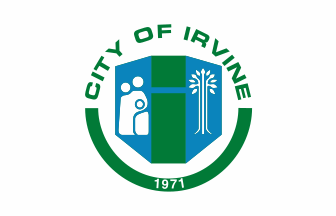
Voters in Irvine, California, approved Measure D on March 5, with 59.8% voting for the charter amendment. Beginning with the general election in November, Measure D will increase the size of the city council from five to seven members, including the mayor, and require the council members to be elected by district to four-year terms,…
-
East Lansing, Michigan, voters to decide on three charter amendments in November, including one to move local elections from odd to even-numbered years
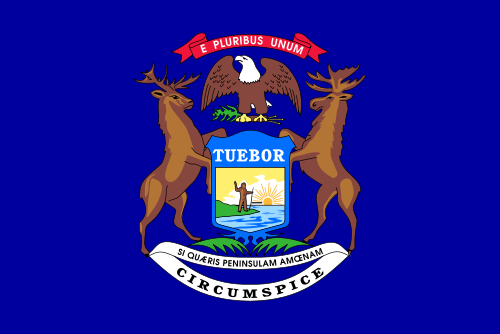
Voters in East Lansing, Michigan, will decide on three charter amendments in Nov. 2023, including one measure to move local elections from odd to even-numbered years. If voters approve the amendment, the 2025 election would move to 2026. In 2022, Ballotpedia tracked 13 local ballot measures that proposed moving local election dates from odd to…
-
Five recent mayoral elections in America’s largest cities have been decided by fewer than 1,000 votes

As Ballotpedia prepares for August’s mayoral elections, we wanted to pause and take a look at some trends we’ve noticed across the top 100 largest cities by population. Analyzing each city’s most recent mayoral election results, ranging from 2019 to 2023, we found that the top five competitive general elections were decided by fewer than…
-
Parker wins Philadelphia’s Democratic mayoral primary

Cherelle Parker defeated eight other candidates in the Democratic primary for mayor of Philadelphia on May 16. She faces David Oh—the only candidate who ran for the Republican nomination—in the general election on Nov. 7. Incumbent Jim Kenney (D) was first elected mayor in 2015 and was term-limited. The city’s last 10 mayors were elected…
-
A roundup of May 6 Texas election results

Local elections took place across Texas on Saturday, May 6. Ballotpedia covered 47 ballot measures on May 6. That was nearly three times more than we covered in May Texas elections in 2019 and 2021, mainly due to an increase in bond measures and charter amendments this year. As of this writing, results for some…
-
City council and mayoral incumbents win re-election in Arlington, Texas
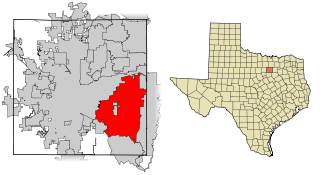
The general election for Arlington, Texas, was on May 6, 2023. The filing deadline to run passed on Feb. 17. Candidates competed for Arlington City Council Districts 3, 4, 5, and 8, as well as for mayor of Arlington. Incumbent Jim Ross won re-election as mayor with 51.8% of the vote to Amy Cearnal’s 48.2%.…
-
City council and mayoral incumbents win re-election in Dallas, Texas
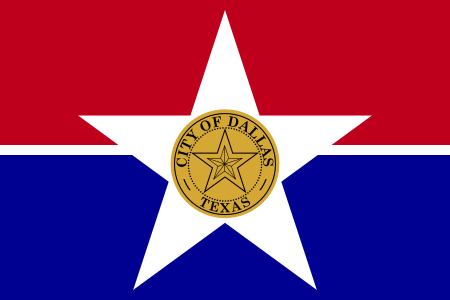
The general election for Dallas, Texas, was on May 6, 2023. The filing deadline to run passed on Feb. 17. Candidates competed for Dallas City Council Districts 1-14, as well as for mayor of Dallas. Incumbent Eric Johnson won re-election as mayor with 93% of the vote. Incumbents Chad West, Jesse Moreno, Carolyn King Arnold,…
-
City council and mayoral incumbents win re-election in Fort Worth, Texas

The general election for Fort Worth, Texas, was on May 6, 2023. The filing deadline to run passed on Feb. 17. Candidates competed for Fort Worth City Council Districts 2-11, as well as for mayor of Fort Worth. Incumbent Mattie Parker won re-election as mayor with 69.3% of the vote. Incumbents Carlos Flores, Michael Crain,…

